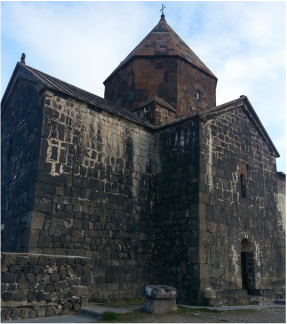 The countries we have been visiting were formerly under communist domination for decades, and the leadership legacy is stark and tragic. In a blog format, it is impossible to adequately nuance all the reasons for the leadership struggles in today's evangelical church scene in Eastern Europe and the former Soviet Union, but let me give you a few snapshots and make just a few simple reflections. First the snapshots:
This has hugely negative impact on Christian students coming to universities and on the ability of these national IFES movements to support themselves with local funding. It is difficult not to see this entire dysfunctional ecology as at least one significant indirect result of the oppressive presence of soviet-style government in the twentieth century, many negative impacts of which are still being felt here. Soviet-era suspicion toward churches specifically and alternative power structures in general left a leadership model that too-often become abusive, even from leaders who themselves have paid huge costs being oppressed by this system in the past, but now replicate it in more subtle ways in their churches. Please join us in praying for the believers here, that they grow in their trust of God and one another in their joint efforts to live as followers of Jesus and call others to do the same. Previous blog posts touching similar topics:
0 Comments
Leave a Reply. |
Archives
April 2024
AuthorRich and Lisa Lamb Categories |
 RSS Feed
RSS Feed